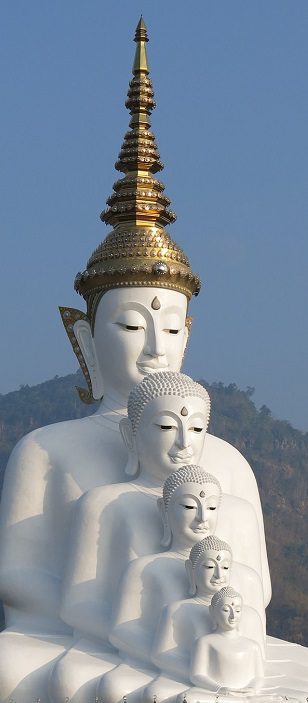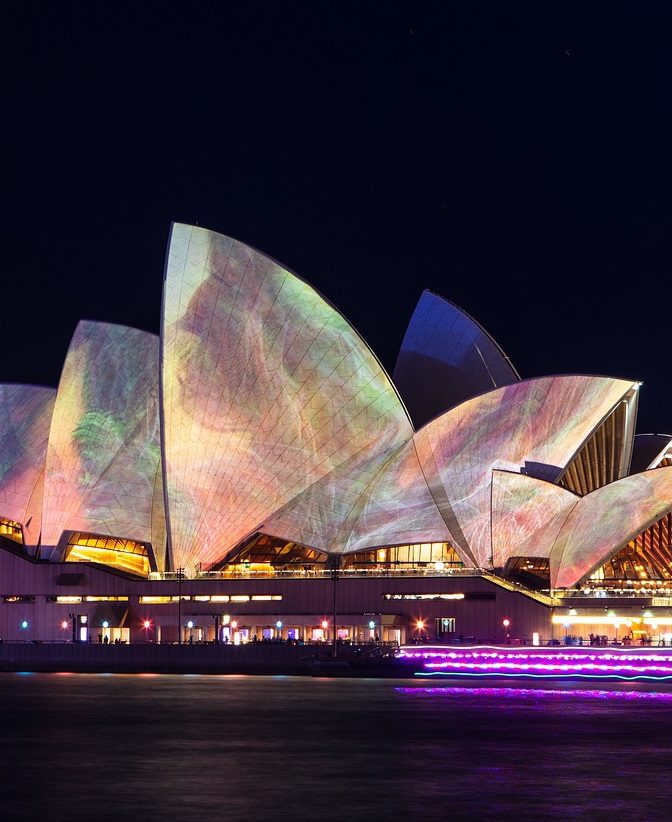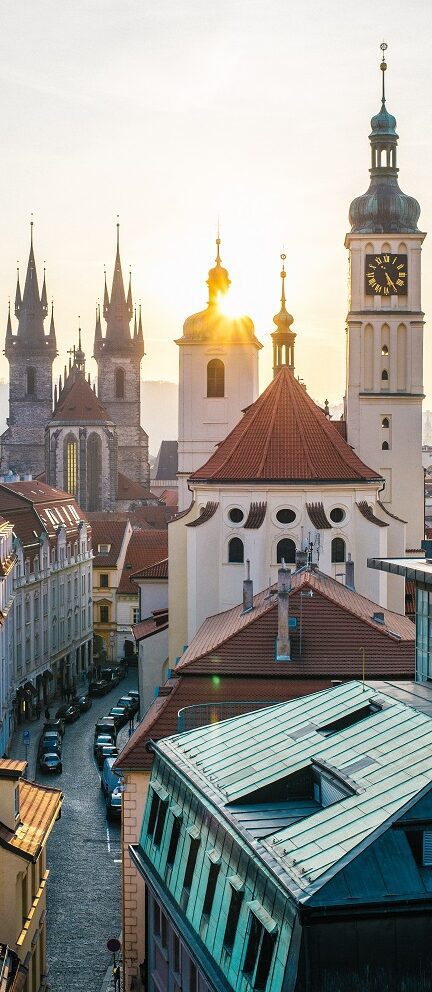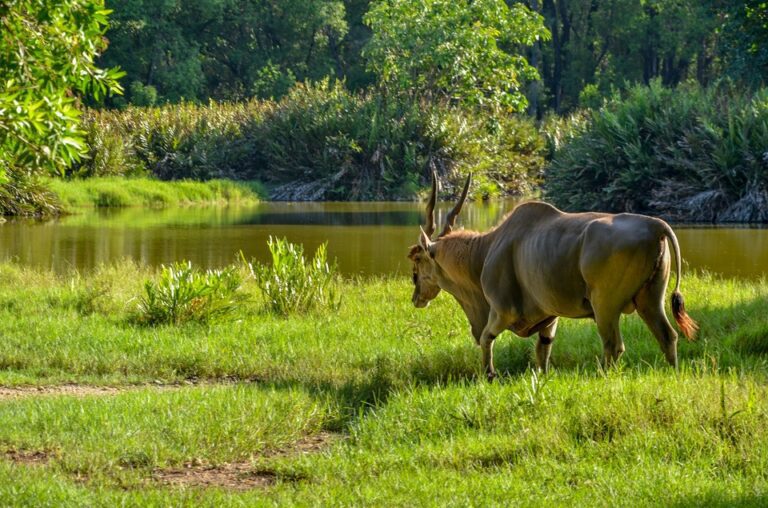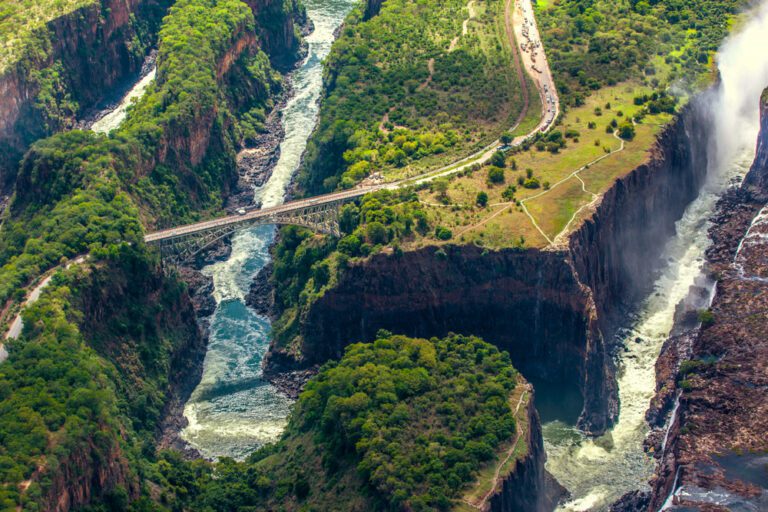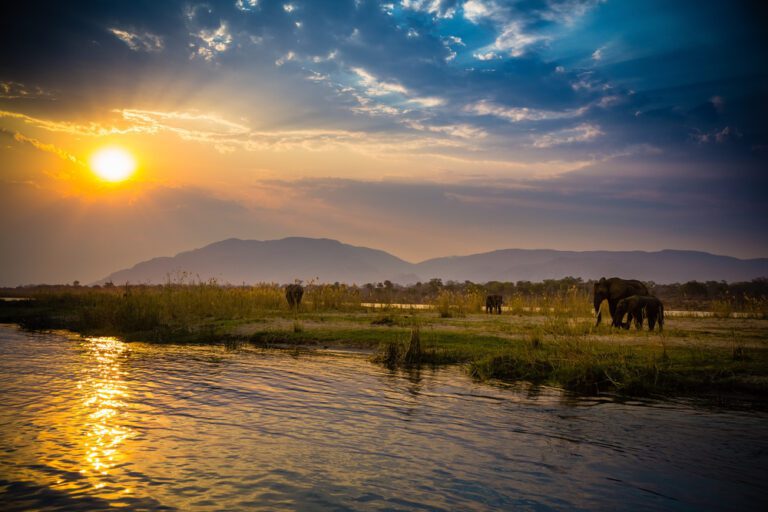Get orientated – A ‘divine architect’ built Angkor Wat in just one night – or so the legend goes. In reality, this monumental temple took more like 30 years to construct, but that doesn’t detract from its allure, or its standing as the very zenith of Khmer architecture. Fringed by forest, the 2 sq km citadel was forged around 1113-50AD and is the centrepiece of the UNESCO-listed Angkor Architectural Park. Of all the ruins in the park, Angkor Wat – 6km north of Siem Reap – is the biggest and best preserved, not to mention the largest religious building in the world. Surrounded by a moat, its outer walls are decorated with apsaras (celestial dancing girls) and delicate bas-reliefs. A 250m-long sandstone causeway, guarded by stone lions, allows admittance to the impressive inner sanctum of towers, galleries, stairways and courtyards.
Getting there – There are no direct flights from the UK to Cambodia. Several airlines fly UK-Siem Reap via other hubs. For instance, China Southern flies London Heathrow-Siem Reap via Guangzhou from £488 return; total journey time is from 26 hours. Taxis from the airport to the centre of Siem Reap cost US$7 (£4.15); the ride takes about 30 minutes. Angkor is 5.5km north of Siem Reap.

The visit – Angkor Wat is open from sunrise to sunset daily. Entry costs US$20 (£11.80) for one day, US$40 (£23.60) for three or US$60 (£35.40) for seven. Buy passes at the main sales booth on the road from Siem Reap; your photo will be taken and attached to your pass. Arrive when the temple first opens to beat the worst of the crowds (and the worst of the humidity). Stay for sunset too, to watch the grey temples glow bright orange and fiery red. Lively Phnom Bakheng Hill offers a great vantage point, but looks more like an anthill when the tourists descend. Instead, head to the eastern gopura (the gate on the far side of Angkor Wat) to view the sun as it sets behind the temples for a quieter, more contemplative experience.
Do explore more of the 400 sq km Angkor complex; the whole site is covered by the pass. Head 1.7km north to Angkor Thom, ‘the Great City’, to learn the history of Angkor from the stone carvings and grin at the smiling faces carved onto the Bayon. And don’t miss Ta Prohm, the most atmospheric temple, strangled by undergrowth and the roots of banyan trees. Beyond Angkor, explore Siem Reap by tuk-tuk, visit the Killing Fields Memorial at Wat Thmey and spend the night in the floating village on Tonle Sap Lake.
Temple City – Angkor Wat – meaning ‘city temple’ in Khmer- is the largest religious monument in the world. Built during the 12th century, this spectacular complex was originally dedicated to the Hindu god, Vishnu. The layout is based on a mandala (sacred design of the Hindu cosmos). A five-towered temple shaped like a lotus bud – which represents Mount Meru, the mythical abode of the gods and the centre of the universe – stands in the middle of the complex.

Architecture of Angkor – Angkor-period architecture generally dates from Jayavarman ll’s establishment of the Khmer capital near Roluos in the early ninth century AD. From then until the 15th century, art historians identify five main styles. The earliest, Preah Ko, is rooted in the traditions of Sambor Prel Kuk, to Angkor’s east, and the eighth-century style of Kompong Preah, relics of which are found at Prasat Ak Yum by the West Baray. Khmer architecture reached its peak during the construction of Angkor Wat.


